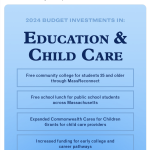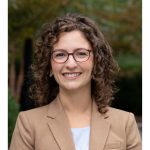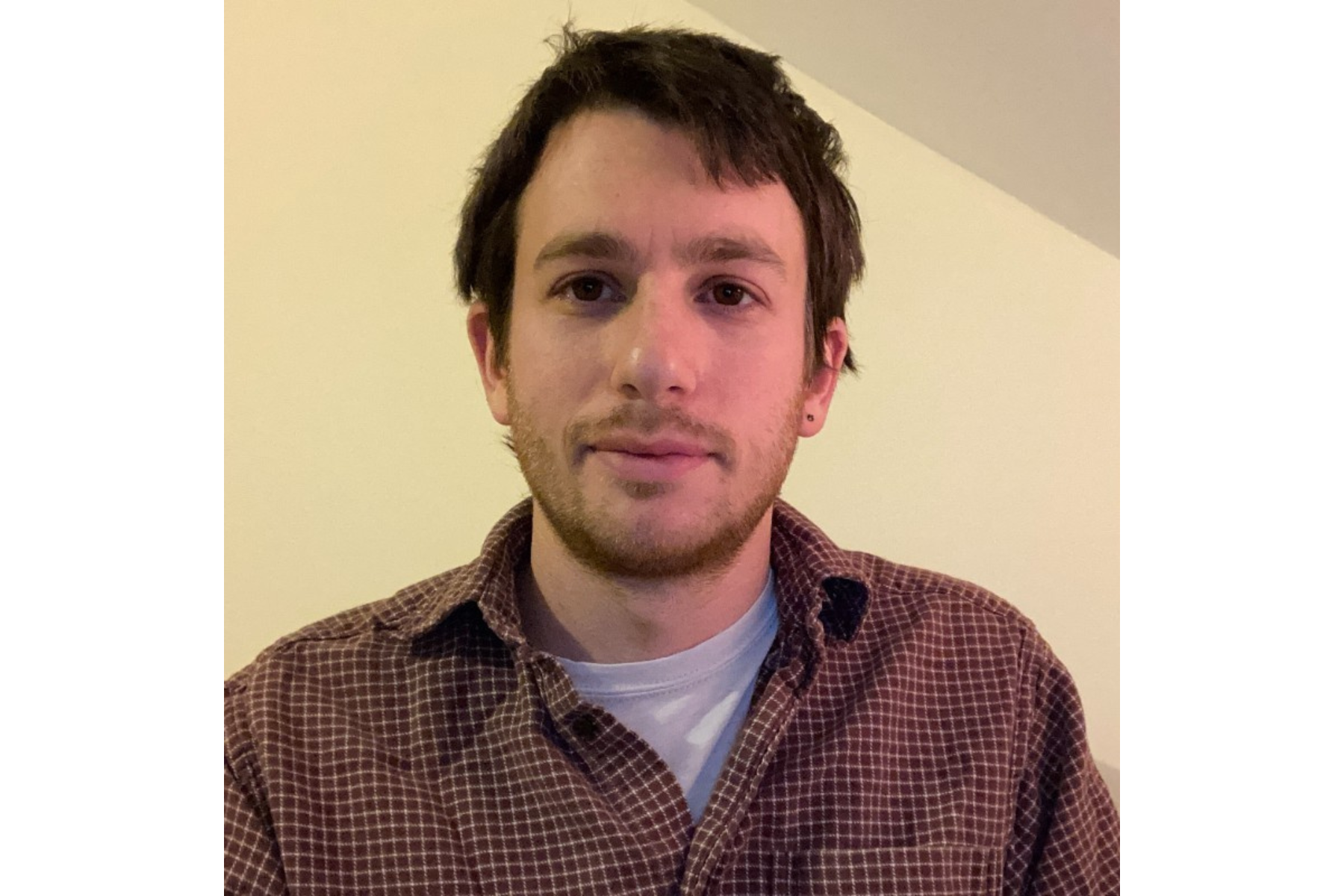As Strategies for Children has been facilitating the work of The Early Childhood Agenda, an effort to strengthen the state’s early childhood system, we have been working with two new project managers, Jeremy Rosen and Amanda Saillant who are helping us build a strong foundation for progress.
We recently asked them to share their stories with us. Here’s more about what Rosen had to say.
Jeremy Rosen grew up in Swampscott, Mass., and graduated from Skidmore College where he earned a bachelor’s degree in geosciences. He also has a master’s degree in geology from Western Washington State, and he’s entering his second year of a master’s in public policy program with a concentration in child, youth, and family policy at Brandeis University’s Heller school for Social Policy and Management.
In your own words, what is the Early Childhood Agenda?
The Early Childhood Agenda is a convening of organizations, parents, members of the early childhood workforce, and other stakeholders who are working together to advocate for a wide range of policies that impact youth and families during children’s youngest years. These policy areas are informed by people from across Massachusetts, many of whom have kids or work directly with children every day. What’s important about the Early Childhood Agenda is that it recognizes that all of these policy areas are intimately related and provides a platform for stakeholders to work across sectors.
Working on the Agenda has given me a better understanding of the state’s early childhood policy and program landscape. And I’m much more aware of the different organizations that serve families, work to fund crucial programs, and advocate for improvement.
How have you been supporting the Agenda this summer? What projects have you been working on, and how do they advance the overall effort?
This summer has been exciting for the Early Childhood Agenda because of the launch of several of our workgroups. With this launch, the number of people involved has increased significantly and many partners have come on board to facilitate these workgroups. Most of my focus has been on making sure the launch of these work groups goes smoothly. For example, I’ve helped to draft both external resources for the workgroups to use in meetings as well as documents defining the roles and relationships of partners involved in the workgroups. I have also worked on internal resources to organize and keep track of the many moving pieces that make up the Early Childhood Agenda. And I’ve worked on shorter term projects like writing a letter to the editor and an op-ed.
How have your early experiences informed your work as an adult?
As I grew older and started working, I always found myself working with youth, first as a camp counselor, then as a substitute teacher and para-educator, and eventually working in afterschool programming. Even when I had jobs that weren’t related to youth services, I found ways to engage with youth in the community. When I was a teaching assistant as a graduate student studying geology, for example, I hosted field trips for youth from the community so they could see some of my school’s resources like rock samples and microscopes.
When I was finishing my graduate program in Geology, I became more interested in politics and policy, and I was looking for ways to be involved with my community. I started working for the Boys & Girls Clubs in Whatcom County, Washington state, running STEM programs, and I was eventually offered a position as the STEM coordinator in the county. When the pandemic started, I was fortunate enough to be offered a leadership role. But I also saw many of my coworkers—who were devoted, hardworking, and had built strong relationships with the youth and families we served—lose their jobs. It was clear that there were many holes in youth services that impacted both the workforce and youth and families. Seeing those problems made me want to become involved in policy, which I believe can be a solution when it is well-designed and skillfully implemented.
What drew you to the field of early childhood, and why is working with children and families important?
During my time in school, I became more interested in early childhood. The thing that stuck with me throughout all my different jobs was how hard the staff worked, how devoted they were, how highly skilled and experienced they were, how important their jobs were, and how little they got compensated.
Working with youth and families has been the most fulfilling work I have ever done. I always tried to develop strong relationships with youth and get to know their families and get a better understanding of how we could best serve them.
In doing this work, I learned so much from my mentors in this field. The biggest lesson was to develop relationships so that I could be a trusted adult. It’s not until youth and families trust you that you can begin to significantly impact their day. I also learned how these services fit into a wider net of services that families need. For example, if a parent or caregiver has child care during the day, they can work more hours to better support their families. It seems obvious, but when I became a part of that net of services it gave me more perspective about how important these programs are.
In my career, there are a lot of things that my colleagues and I did at the Boys & Girls Club to support children and families. Before Covid we provided before-school and afterschool care to families so their caregivers could work. We provided meals to youth, which was crucial, especially for families who were food insecure. We also provided fun and engaging programs in a range of areas such as social-emotional learning, athletics, arts, STEM, and more. The club was a fun place to spend your afternoon.
During Covid, our organization transitioned to providing full-day care for families who didn’t have the capacity to support online learning at home. We provided the kids and their families with meals, and we also ran meal drives for families who were not currently utilizing the day care program.
What are you most proud of as a professional who works with young children and families?
I’m most proud that families trusted me to take care of their kids for a few hours after school every day; that’s no small thing. There were a lot of positive moments, and there were also hard moments and mistakes that I made along the way. I tried to be self-reflective throughout my time working with youth and always tried to come to work a little bit better than the day before. This is something I’m proud of. I can attribute a lot of this to the amazing mentors, bosses, and coworkers I had in this field. It’s important to be coachable and open-minded when you work so closely with other people which is something I really tried to be.
One of the major takeaways for me is that programs and policies can’t be one-size-fits-all. Achieving this comes down to implementation. Of course funding is necessary to keep programs going, but the hard part is really running the programs in a way that benefits youth and families. This is why it is absolutely necessary that policies support the workforce members who work directly with youth—and that the policymaking and advocacy process is centered around those with lived experience including the families who are receiving services.




[…] Jeremy Rosen, who is also a project manager and a graduate student at Brandeis University, is staffing the workgroup focused on priority #2, advancing workforce compensation. […]